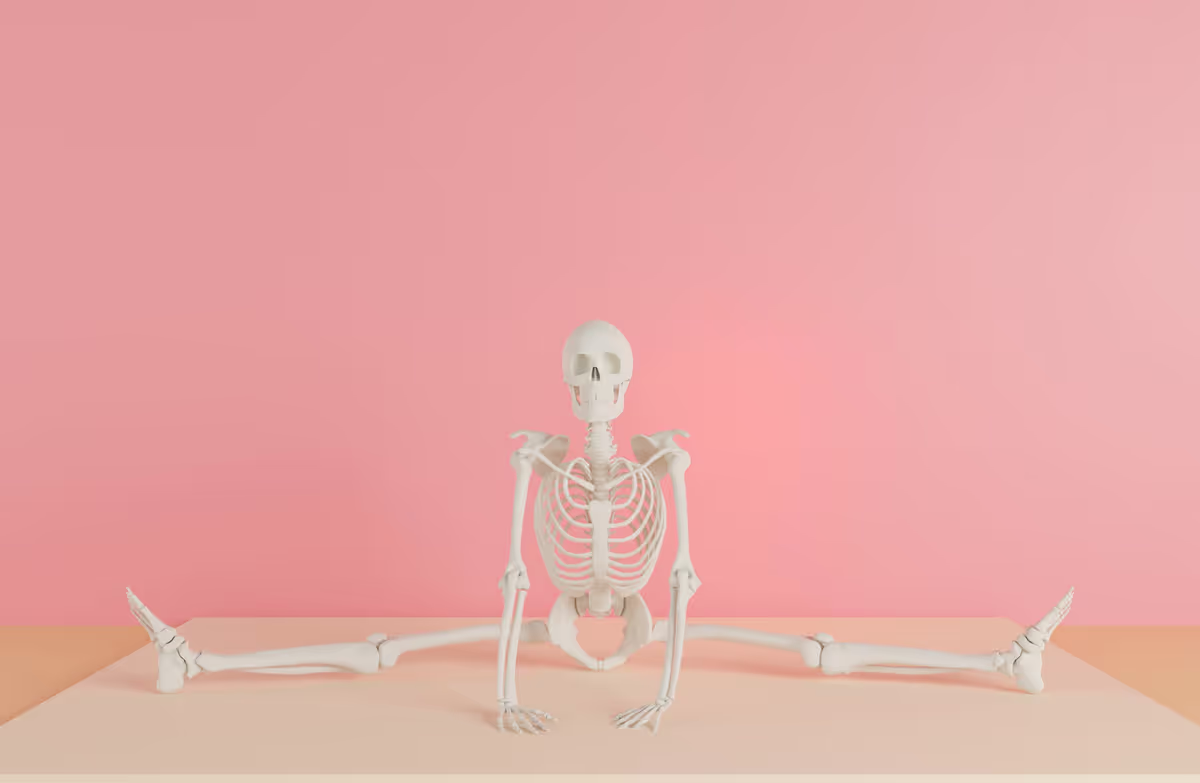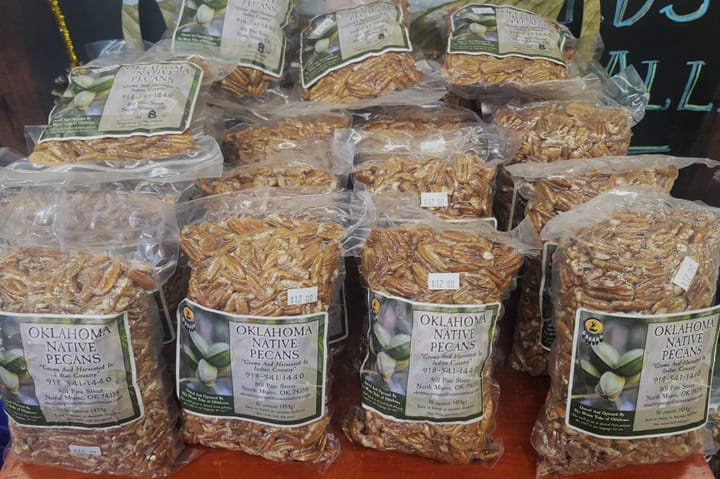Strong skeletons need more than calcium
What can you do to support your skeleton?

Happy Halloween! In light of the many spooky decorations in our neighborhoods, it’s time to talk about your bone health. We might think that the “Got Milk?” campaign told the full story. Drink milk, enjoy a strong skeleton for life, and end scene.
Alas, the true tale of how to build and maintain strong bones is far more complex than the 1990s advertising would have us believe.
Yes, calcium is one important ingredient for our bones, but there is so much more to consider.
The first thing I might share is that our bone tissue is alive and dynamic; it isn’t just sitting there. We are constantly breaking down and building new bone tissue, and inside our long bones, we’re making new red blood cells.
How do we do it? The first step of building bone tissue is to make a collagen scaffold.
This protein matrix depends on us eating enough protein as well as zinc, vitamin C, copper, and manganese. (Side note for anyone dressing up as a pirate today, the bleeding gums that can happen with a vitamin C deficiency, aka scurvy, is because there isn’t enough vitamin C to repair the collagen in your gums – so they become swollen and bleed.)
Next: Bring on the minerals. With a collagen matrix mapping out the new bone tissue, our body adds minerals to make the bones durable and strong. This is where calcium comes in, but also phosphorus, zinc, copper, magnesium, fluoride and boron. With calcium, just because you enjoy some cheese or milk doesn’t mean that you’re absorbing all of it -- our ability to absorb calcium depends on your vitamin D status, and scary spoiler: most of us are low in Vitamin D.
But wait: that’s not all. Our bone health also depends on our age – which we can’t change – as well as our hormone health, our inflammation, as well as how much we strength train. Generally, we are building bone density from the time we’re born until about the age of 30. From there, it is a project to maintain what we’ve got.
So…what can you do to support your skeleton? Lots – and it goes far beyond a glass of milk.
#1: Make friends with strength training. Strength training, whether you’re using free weights, bands, resistance machines or doing body-weight exercises, could NOT be more important for the health of your bones (not to mention building bones, supporting your metabolism and mental health, to boot). Give a happy salute to everyone wearing a weighted vest during their walks and make sure to grab your own, too.
#2: Check your vitamin D status. Most of us are low, and when we don’t have enough vitamin D, we aren’t able to use the calcium from our foods and drinks as well.
#3: Jump. If you’re able to jump, make a habit of jumping 10 to 30 times per day. Whether you’re jumping rope here and there, playing hopscotch or doing heel drops while waiting in a long line, jarring your skeleton a bit is a helpful stimulus to your body to keep maintaining your bone density.
#4: Keep an eye on salt. While sodium is an essential nutrient, most of us are overdoing it. Too much salt needs calcium to get rid of. Guess where we get that calcium from? That’s right – our bones.
#5: Support hormone health. If any coaches or parents of female athletes are reading this, please talk to these young women about their periods. If they’re under-fueling and losing their period because of that, their skeleton is at big risk. Ahmenoria is a big deal and not something to gloss over. For women going through the menopausal transition, consider hormone replacement therapy with your care provider – they can protect your bones.
#6: Nourish your gut health. So much of our overall health and wellness is based on our own gut health. This includes our bone health, actually. If we have chronic inflammation, dysbiosis in our microbiome, and aren’t eating a balanced diet, our bone health suffers. Get enough fiber as often as you can, get enough Omega-3 fatty acids, work in fermented foods, and talk to your doctor about regularly checking lab markers of inflammation, such as C-reactive protein.
#7: Check for medication side effects. Some medications can get in the way of your best bone health. For example, steroids and proton pump inhibitors can have a side effect of possible lower bone density that no one wants.
Bone health is so important and something we should be mindful of for our whole life. It is never too early and it isn’t too late! Jump 20 times today and you’ve got a healthier skeleton than yesterday.
For a free menu plan that supports bone health, please visit my website. There are two versions for you to use: a plant-based version as well as omnivore.
Holly Larson, MS, RD is a local registered dietitian who specializes in women’s health and diabetes management. To learn more, visit hollylarsonnutrition.com - your visit may be fully covered by your insurance plan.




